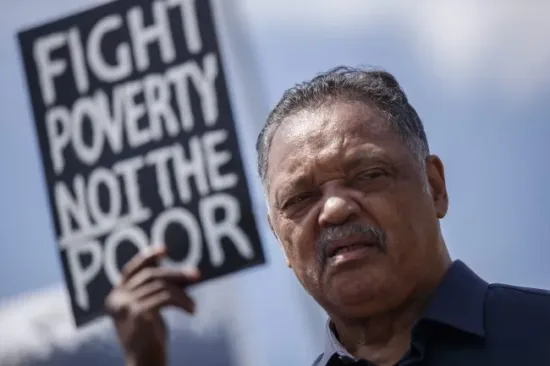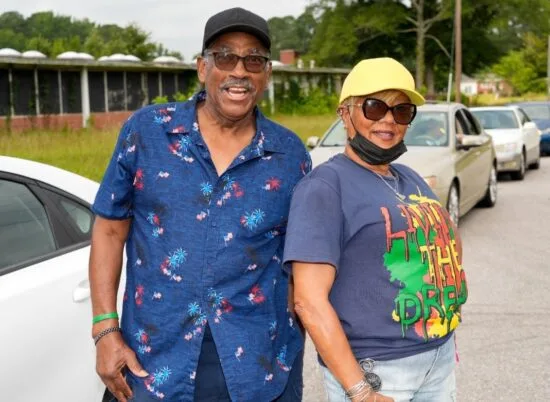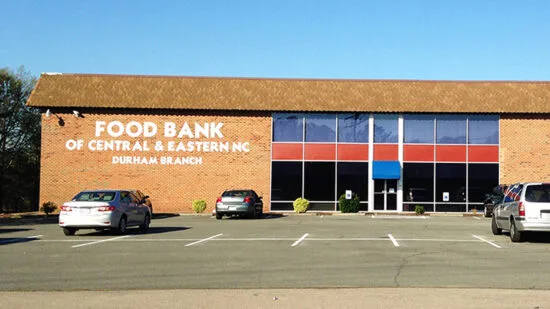As we work to promote equity, diversity, and inclusion at the Food Bank, it is imperative to recognize and celebrate the diverse backgrounds and identities of our staff, partners, and those we serve. Hispanic Heritage Month (also referred to as Latinx Heritage Month) is a time for members of the Hispanic community (and beyond) to celebrate the history, culture, experiences, and societal contributions of members of the Latinx community.
Origin
In 1968, President Lyndon B. Johnson signed the National Hispanic Heritage Week bill. This bill stated that during the week of September 15th that the United States would honor the cultures, histories, and contributions of the Hispanic/Latinx American population.
History
During the Civil Rights Movement in the 1960’s, the idea of a commemorative week to celebrate the different multicultural communities in the United States was brought forth by California Congressman George E. Brown. He represented his community of East Los Angeles and San Gabriel Valley. In 1987 Rep. Esteban Torres submitted a bill to expand the National Hispanic Heritage Week to a month. He stated that the bill would “allow our nation to properly observe and coordinate events and activities to celebrate Hispanic culture and achievement.” However, Esteban’s bill was never passed. Later Sen. Paul Simon submitted a similar bill that was and signed and passed by President Ronald Reagan on August 17, 1988. Since the signing of that bill, the United States celebrates Hispanic National Hispanic Month from September 15th– October 15th.
Significance of Date
September 15th is an incredibly important day for five Central American countries. Costa Rica, El Salvador, Guatemala, Honduras, and Nicaragua all gained their independence from Spain in 1821 on this date. Other Central and South America countries celebrate their Independence Days around this time; Mexico’s Independence Day is on September 16th, Chile’s on September 18th, and Belize’s on September 21st to name a few. It is a month full of celebrations of independence.
How is it Celebrated?
WITH YOU! Take some personal time to learn with your family and friends about the diversity of the Hispanic/Latinx diaspora. Some ideas to dive into are: Afro-Latinidad, Chicano culture, and the meaning of Latinx/e? Try reading about Dolores Huerta, Justice Sonia Sotomayor, and the Puerto Rican Poets Café. Learn about a Latinx country, its rich history, customs, and of course, popular food dishes. Try an authentic Latinx restaurant in your area, explore (or donate to) the Smithsonian Institute’s Latinx Center, check out the National Hispanic Heritage Month’s website, or visit the Nasher Museum’s Art of the Americas gallery to see art originating from Central and South America.
The Importance of Hispanic Heritage Month at the Food Bank
At the Food Bank, we are committed to recognizing and embracing the diversity of our staff, our partners, and members of the communities in which we work and serve. Cultural and identity celebrations are opportunities for us to extend our learning and promote an inclusive, welcoming, and respectful environment to work, serve, or receive assistance. Raising awareness about the wide array of identities represented across the Food Bank is critical to maintaining a safe space for all to exist as their full selves.
Resources
- Key Facts about U.S. Latinos for NHH Month.
- The Creation and Evolution of the National Hispanic Heritage Celebration
- La Brega: Stories of the Puerto Rican Experience Podcast
- In the Thick: A Podcast about Politics, Race, and Culture from a POC Perspective
- What Afro-Latinos Want You to Know
- Latinx Meaning: The Origin and Importance of the Inclusive Term
- HOLA Charlotte Festival



